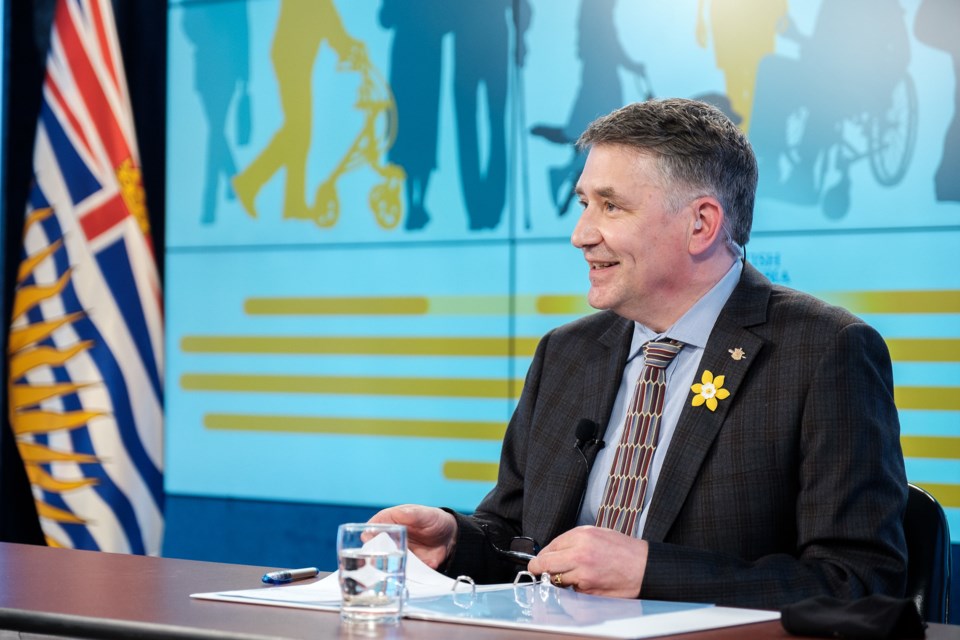Two organizations based in Burnaby have been chosen as recipients of B.C. funding to help make life better for those with developmental disabilities.
The province says close to $5.3 million will support Reimagining Community Inclusion (RCI) projects in the priority areas of health and wellness, employment, housing, inclusive Indigenous services and a community-inclusion innovation fund, which focuses on inclusion projects.
SPARC BC has been given $75,000 to research and evaluate portable housing subsidies while posAbilities has been provided with $88,000 to support a social-influencer fellowship project, providing an opportunity to become a social influencer, build a profile and brand, develop content and develop an online presence and community.
The RCI initiative was started in May 2018 by the minister of social development and poverty reduction in collaboration with community living members throughout B.C.
"This funding will kickstart many good projects that will improve the quality of life for people with developmental disabilities," Minister of Social Development and Poverty Reduction Nicholas SImons said in a release.
"Our partners at the table are fully committed to advancing this complex work, which will ensure our province is a welcoming and inclusive place for everyone."
A steering committee includes self-advocates, families, community living service providers, Indigenous organizations, advocacy organizations and the government that has created a vision through 2028.
“We all have a role in advancing the inclusion of people with developmental disabilities in our communities," Community Living BC CEO Ross Chilton added.
"These are significant investments in the work of our partners to advance inclusive employment, improve access to affordable housing, support mental and physical health and provide culturally safe Indigenous services.”



